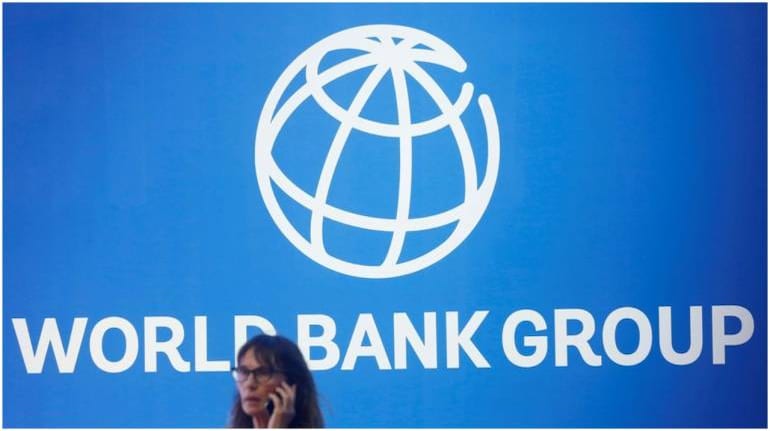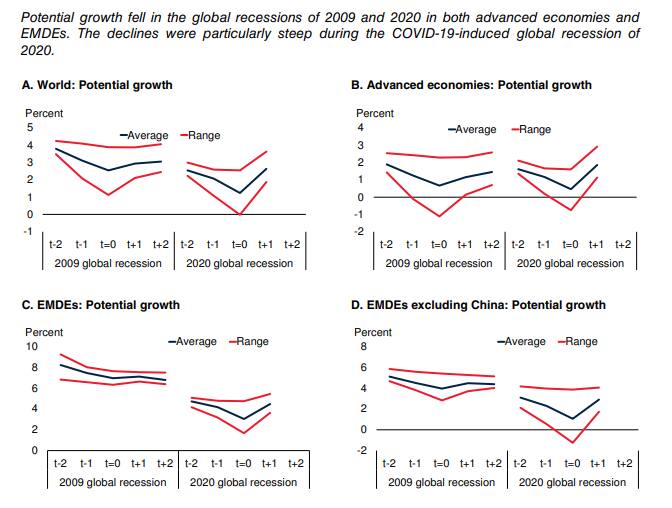



The global economy faces the prospect of a "lost decade" on account of nearly all drivers of economic progress in recent history fading, the World Bank has said.
Writing in a report titled 'Falling Long-Term Growth Prospects: Trends, Expectations, and Policies', released on March 27, the World Bank's staff warned that the global economy’s 'speed limit' is on track to crash to a three-decade low by 2030.
The 'speed limit' refers to the maximum long-term growth rate without sparking inflation concerns.
"In the decade before COVID-19, a global slowdown in productivity…was already adding to concerns about long-term economic prospects," the report said, adding that investment growth is weakening, global labour force is growing sluggishly, human capital reversals have been triggered by the coronavirus pandemic, and growth in international trade is barely matching GDP growth.
"The result could be a lost decade in the making – not just for some countries or regions as has occurred in the past – but for the whole world. Without a big and broad policy push to rejuvenate it, the global average potential GDP growth rate…is expected to fall to a three-decade low of 2.2 percent a year between now and 2030, down from 2.6 percent in 2011-21," the report noted.
At 2.2 percent, the global average potential GDP growth rate would be sharply lower than the 3.5 percent recorded in the first decade of the century.
 Source: World Bank
Source: World BankAccording to outgoing World Bank President David Malpass, it will take "an exceptional mix" of policies and international cooperation to revive growth in a world that has been hit by 'an extraordinary series of setbacks".
Malpass will step down as President on June 30 after more than four years at the helm and will most likely be succeeded by US nominee Ajay Banga.
The impact of weakening drivers of growth is expected to be felt the most by developing countries, with their average annual potential GDP growth seen falling to 4 percent this decade from 6 percent between 2000 and 2010.
"These declines would be much steeper in the event of a global financial crisis or a recession," the report added.
Not all is lost, however, with the report recommending specific policy moves to promote long-term growth. These include the alignment of monetary, fiscal, and financial frameworks to smoothen the ups and downs of business cycles, with a focus on taming inflation and reducing debt, among other priorities.
The report also said "sound" investments aligned with climate goals could push up annual potential growth by up to 30 basis points.
One basis point is one-hundredth of a percentage point.
A reduction in trade costs, focusing on the services sector as the "new engine" of economic growth, and increasing labour force participation were some of the other measures recommended by the report, along with greater global cooperation.
"International economic integration has helped to drive global prosperity for more than two decades since 1990, but it has faltered. Restoring it is essential to catalyse trade, accelerate climate action, and mobilise the investments needed to achieve the Sustainable Development Goals," the report added.
Discover the latest Business News, Sensex, and Nifty updates. Obtain Personal Finance insights, tax queries, and expert opinions on Moneycontrol or download the Moneycontrol App to stay updated!